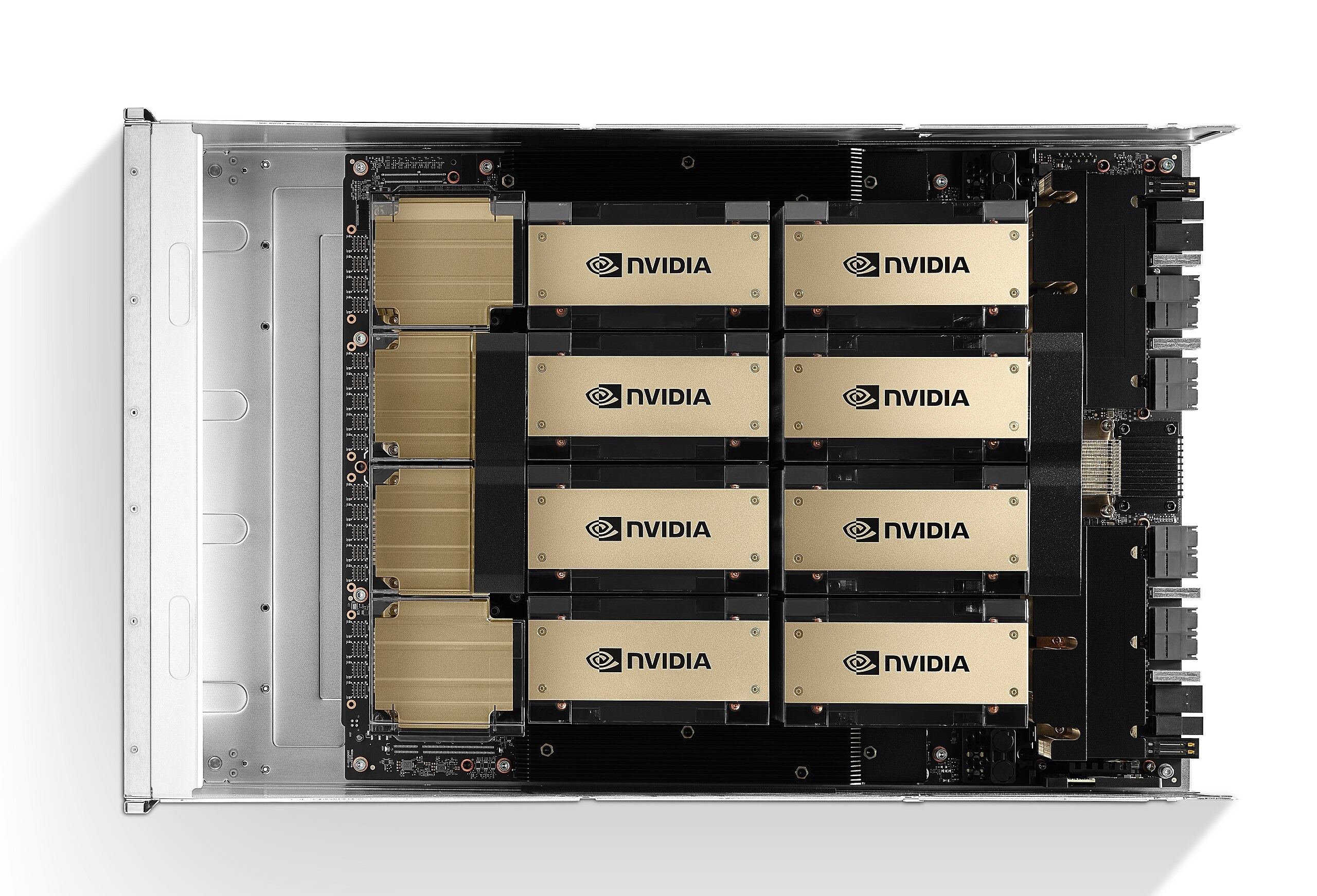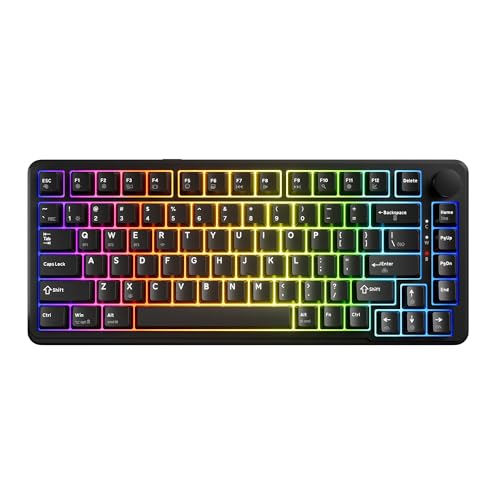The global AI race has entered its power-up phase, and Anthropic just pointed out that someone left the cheat codes exposed.
The AI company recently voiced support for the U.S. Department of Commerce’s “Framework for Artificial Intelligence Diffusion” while simultaneously highlighting critical vulnerabilities that could render it about as effective as airplane mode on a paper airplane. This framework sorts countries into a three-tier system that would make any RPG enthusiast nod in recognition: allies (Tier 1), neutral territories (Tier 2), and adversaries (Tier 3).
But Anthropic spotted the gameplay exploits hiding in plain sight. According to the company’s official statement on April 30, 2025, the framework currently allows Tier 2 countries to purchase up to 1,700 NVIDIA H100 chips—valued at approximately $40 million—without so much as an administrative eyebrow raise. That’s enough processing muscle to train AI models capable of generating deepfakes so convincing they could make CGI Mark Hamill look like amateur hour.
(You know how it feels when you realize your home WiFi password has been set to “password123” for the past three years? That’s essentially what Anthropic is pointing out about these regulations.)
The Security Settings Menu Needs Updating
Anthropic’s published recommendations include three critical patches to the framework’s security architecture. First, allow Tier 2 countries with solid data center security to access more chips through government-to-government agreements, creating something slightly more sophisticated than the current “friend/not friend” binary.
Second, dramatically lower the no-license threshold that currently lets entities max out their shopping carts just below the limit. It’s essentially the digital equivalent of bringing 15 items to the “10 items or less” checkout lane—except instead of annoying the cashier, you might accidentally enable advanced AI development in restricted regions.
Third, boost funding for export enforcement. Because rules without enforcement resources are just strongly worded suggestions, as effective as a pop-up notification asking if you’d pretty please not take screenshots of this content.
When these restrictions were proposed in January, semiconductor giant Nvidia released a statement calling them “unprecedented and misguided,” and suggesting that they would “derail” innovation worldwide.
The Pre-Order Rush is Already Happening
The deadline for implementing these controls (May 15) has triggered a stockpiling frenzy that makes PlayStation 5 launch day look orderly. Industry reports indicate Chinese tech companies have imported up to 1 million Nvidia H20 chips, valued at around $12 billion, ahead of the upcoming restrictions.
Security experts warn that delayed implementation could undermine the framework’s effectiveness before it even begins. Without prompt action, the controls risk becoming obsolete as soon as they take effect.
America’s semiconductor manufacturing capacity has been shrinking faster than headphone jacks on flagship phones. The country’s production plummeted from 40% of global output in 1990 to just 12% today—a decline that has national security strategists deeply concerned.
Not everyone sees these controls as the right approach, though. Policy analysis from experts, including Sarah Kreps of Cornell University, suggests that “global export restrictions often fragment supply chains and potentially discourage the use of U.S. technology internationally,” raising questions about potential unintended consequences.
While most people won’t notice these regulations directly, they’ll shape the AI services everyone uses daily, just as invisible as the algorithms determining which TikTok videos keep you scrolling at 2 AM.
The stakes extend far beyond corporate competition into the realm of national security and economic dominance. As implementation day approaches, one thing remains crystal clear: in the global AI race, computational power isn’t just the playing field—it’s the championship trophy. And as the U.S. tightens AI export controls to strike a balance between innovation and national security, companies like Anthropic are pushing to ensure those rules evolve as fast as the technology they govern.





























